“They’re saying I haven’t delivered, but it’s not my fault!”
I heard Recycling’s sobbing wail, and pulled out a porch chair to sit. “Sheesh, Recycling, what’s this all about?”
Recycling sniffled loudly. “I’m not what they think I am. I can only do so much.”
PVC pellets started to rain from Recycling’s triangular eyes, scattering across the deck. I spread a tarp to gather them before the chickens did.
“Have you seen the articles?”
I shrugged. “Only because I’ve been looking for them. You mean, articles saying that you failed, you don’t work, and were a lie to begin with?”
Recycling glared. “When all I had to deal with was glass, paper, and metal, at least things made some sense. Those materials could be melted down or remixed. And even if they got thrown out, they would rust or turn into sand, or break down in the soil. The real issue is that dang –”
Recycling paused a minute and coughed. “Ahem. That awful –” Another shuddering retch. Then Recycling doubled over and hacked out a sodden lump of plastic shopping bags. The porch cat glowered at the intrusion and slunk off for a better place to nap.
“THAT!” Recycling gagged. “Plastic. It was an innovation when it came on the scene, but since we started making single-use items, it’s become the biggest pain in my system.”
My neighbor heard the commotion while weeding her tomatoes and jumped the fence to join our conversation. She slipped off her gloves and settled into a chair with a furrowed brow. “But plastic is recyclable too!” she offered.
Recycling started laughing, an exhausted, resigned laugh that quickly developed into another hacking fit. I moved my perch to the porch railing before the congealed mass of food wrappers and chip bags could land at my feet.
“Just throw it in the recycling bin and it’s taken care of, right?” Recycling rasped, trying to catch a breath. “That’s merely out of sight, out of mind. The story doesn’t end there.”
Recycling glanced my way. “You were an environmental educator. You tell her.”
“Some plastic is recyclable some of the time,” I admitted. “But just because it ends up in a recycle bin doesn’t mean it actually gets recycled.” I pointed at the triangle on a discarded baby’s teething ring that was sticking out of Recycling’s coughed-up pile. “It may have a recycling symbol on it, but it’s No. 3 plastic. That’s PVC, and it’s so hard to recycle that most places don’t.”
Related Post: Recycling by the Numbers: The Good, Bad and Ugly of Statistics and Comparisons
Recycling burped, and a polystyrene takeout container fell to the porch deck — another recycling triangle still visible on its surface. “No. 6 plastic usually isn’t recyclable either.” Another belch, and an assortment of plastic car parts and sippy cups tumbled down, all labeled with a No. 7 inside the familiar triangle of arrows. “And neither is No. 7. It’s a catch-all category for miscellaneous plastics like BPA and Polycarbonate.”
I surveyed the growing mess. “I’ll find an article for what all the numbers mean. No need for more examples, please.”
“You sure? I’ve got lots … and lots –”
My neighbor huffed angrily. “Well, at least I’m doing something! We all know there’s no recycling program in this rural area. I go to all the effort to drive my recycling to town and pay for a garbage service when the folks down the road don’t even try. They just throw their trash in the ravine.”
Recycling shook its head, leaking disposable floss-picks onto the floor. “Listen, I appreciate you doing something. But it’s not enough now. I know it give folks a feeling of moral superiority, but the truth is, your trash gets thrown in someone else’s landfill where you don’t have to see it. And half the stuff in your recycling bin ends up there too. Including that car battery that you wishcycled.”
She gasped like a landed fish, her face flushing red.
I knew how she felt. “Try not to feel attacked,” I said. “When I was living in the city, I honestly thought I was making a difference. I faithfully recycled my own waste products and made an effort to buy products made of recycled materials. I visited schools and gave demonstrations and helped with park clean-up efforts. I even made and sold crafts made from waste materials. Though I admit, my line of hideous baskets made from coiled plastic bags never really took off.”
Recycling swallowed hard. “We both know the ones you didn’t sell ended up in the trash anyway.”
I nodded meek admission. “I did a lot of nice-sounding things. But I was still a complete consumer, living the consumptive lifestyle I inherited from my middle-class American upbringing. I’ve heard recycling compared to the idea of hammering a nail to stop a collapsing skyscraper. You can stand back and admire your work, but once the building is rubble, it won’t matter.”
My neighbor’s arms were still crossed. “That’s a bit fatalistic.” She surveyed the plastic-strewn disaster on the porch. The defensiveness on her face melted into confusion. “Then why do all the big companies talk about you? And my kids have done tons of recycling programs at their school.”
I scratched the back of my neck. “Yeah, I taught tons of recycling classes and programs back in the city. That’s what the schools wanted and why our nature center got funding. But I admit, I don’t think I was ever asked to teach a reducing or reusing program.”
With a frustrated sputter, Recycling flung out a hand that scared the birds from the feeder. “Reduce, reuse, THEN recycle. I was listed last in that lineup on purpose. I’m supposed to be considered last, when it comes to dealing with waste.” Recycling’s eyes slowly closed against the dappled sunlight through the maple tree. “I’m easy. I’m fun. I make you feel good, and you don’t need to change your lifestyle. Just stick a blue bin in an entryway, and now you’re Earth-friendly. And I’m often funded by petroleum companies. There’s a rabbit hole to research.”
The furrow was still deep in my neighbor’s brow, but she uncrossed her arms. “So what are you saying?
Recycling straightened up, looking intensely at us both. “I’ve become a token effort. And all I can produce is token results if I’m all people do. For all the recycling efforts of the past three decades, we’ve still ended up with the Great Pacific Garbage Patch and microplastics in fish. And in 2018, China stopped buying America’s plastic trash. There’s no place for this stuff to go. But you all keep making it.”
There was a long pause made more awkward by the trickle of tampon applicators slowly spilling from Recycling’s side.
My neighbor tried to fix the uncomfortable situation. “So … where are those other two you used to be with? Why aren’t the three of you together anymore?”
Recycling slumped and shrugged. “Reducing and Reusing? Yeah, they’re around somewhere. They’re just not nearly as popular.”
I pointed over my shoulder. “They’ve been working with me a lot ever since we moved to the homestead. They’re up by the barn at the moment.”
Recycling’s eyes brightened as I shouted toward the barn for them to join us on the trash-covered porch.
As they approached, I explained to my neighbor that it wasn’t until I left the city and became a homesteader that I really came face-to-face with my own waste and lifestyle. Like she had said, these rural areas don’t have a waste collection service. When I moved here every bit of trash I produced was my direct problem. Up until then, I had outsourced personal responsibility for my consumptive habits. But now, there is no sending it to oblivion.
“No offense to you, Recycling, but I now know that recycling has the least positive impact for our land. Reducing the amount of waste purchased or created, and reusing materials to keep them from becoming waste in the first place, have become absolutely, critically important. I have a whole new perspective on what it means to live responsibly.”
Reusing stood quietly at the edge of the porch and Reducing nodded hello. They were used to awkward receptions.
“They look different,” my neighbor whispered.
“It’s because they’re total lifestyle changes,” I explained. “Not just putting items in a different bin. Recycling honestly doesn’t affect our daily life much.”
Recycling grinned innocently. “What are you saying? Big businesses and celebrities love me, and I make people money. Reducing and Reusing are the ones that are hard to promote. They’re socially awkward — and require people to give things up.”
Reusing agreed. “Everyone can praise a school program that has kids tugging loaded recycle bins to the curb. But few would question how the recycle bins had gotten so full in the first place. And even fewer extoll kids wearing patched clothing, even if it is perfectly serviceable.”
Then Reducing added. “These concepts are difficult to implement and define. And they’re hard to incentivize for profit. Rather than a relocation of items, these lifestyle changes demand a system overhaul. When you reduce how much you purchase, it doesn’t support the economy. Reducing won’t contribute to anyone’s bottom line.”
“But at least it would stop some of my plastic assault.” Recycling heaved a sigh and staggered to stand. “Well, thanks for listening. I can’t sit here all day. Give me that glass you’ve saved — I’ll take it to town.”
I lugged out the galvanized trash can and handed it over.
“Thanks, Recycling. That’s one less trip.”
I glanced around the plastic-strewn porch with dismay.
Recycling stumbled away with my glass bottles, already past the cattle gate.
“Hey!” my neighbor shouted, pointing at my porch. “Aren’t you going to at least clean up this mess before you go?”
Recycling bent over with one last, gut-wrenching cough, and then straightened up from the newly deposited pile of plastic takeout forks. “Have you heard nothing?” Recycling asked. “I’m not the answer to dealing with that mess.”
My neighbor looked at me and pulled out her gardening gloves. “Looks like we’ve got some work to do. Where do we get started?”
“Well,” I began. “Let’s start with getting this single-use plastic gone.”
I don’t know the answer to plastic pollution on a broad scale. I don’t know if anyone really has the answer. What I can share are ways to start eliminating single-use plastic from daily life. Here’s an incomplete list … please comment below and we’ll add to the suggestions.
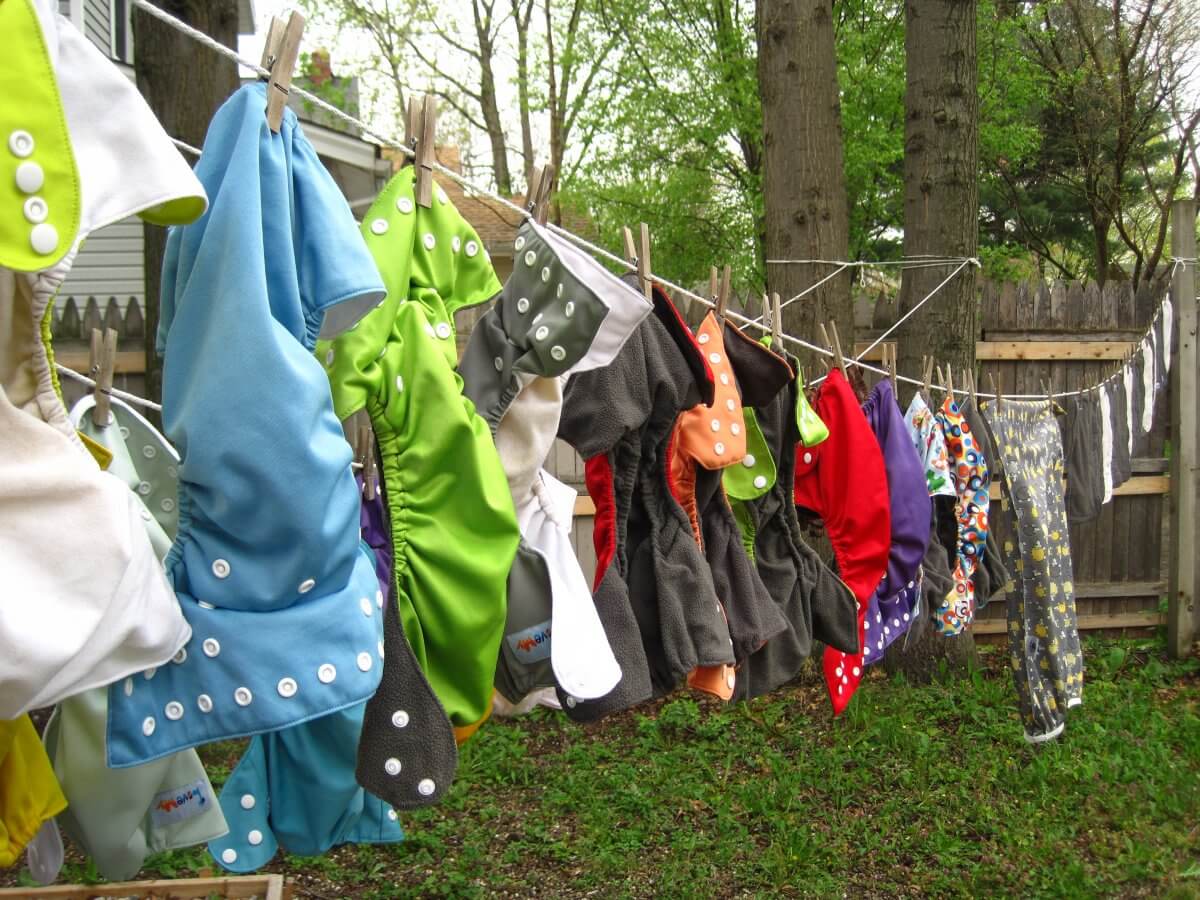
- Don’t use those flimsy produce bags at the grocery store. Just put the whole broccoli or trio of oranges directly on the counter, and they’ll ring them up the same.
- Buy secondhand. Buying new items is overrated. Someone else is trying to sell what you are looking for, guaranteed. It’ll be a fraction of the new price, it won’t be extravagantly packaged, and you may even make a friend.
- Buy refurbished electronics. You’ll be continuing the life of perfectly useable tech without adding the packaging of a new unit to our endless pile.
- Acquire goods in alternative ways. Trading and bartering aren’t actually dead if you have the boldness to ask.
- Post the old, Depression adage somewhere in your house. “Use it up, wear it out, make do, or do without.” Challenge yourself to implement it at least once a day.
- Wean yourself off packaged food. Don’t just learn how to cook, learn how to cook with whole ingredients. It’s better for you, and you’ll have much less garbage.
- Use reusable menstrual pads or cups or make your own.
- Use cloth diapers.
- Make your own self-care products (such as shampoo, conditioner, and lotion) and store them in reusable mason jars.
- Stop using plastic wrap and start storing food in cloth or reusable containers.
- Use cloth shopping bags.
- Use wooden teethers and toys for babies.
- Learn to use a straight razor, or a rechargeable electric.
- Make homemade snacks for your kids and with reusable containers. The amount of packaging on kids’ snacks is unbelievable.
- Wash zip-close bags and reuse them. They last a surprisingly long time.
- Pop your own popcorn the old-fashioned way.
- Save packaging and reuse it for future shipments. If you do a lot of online shopping and selling, the packaging from one incoming box can handily be used to pad the next outgoing shipment.
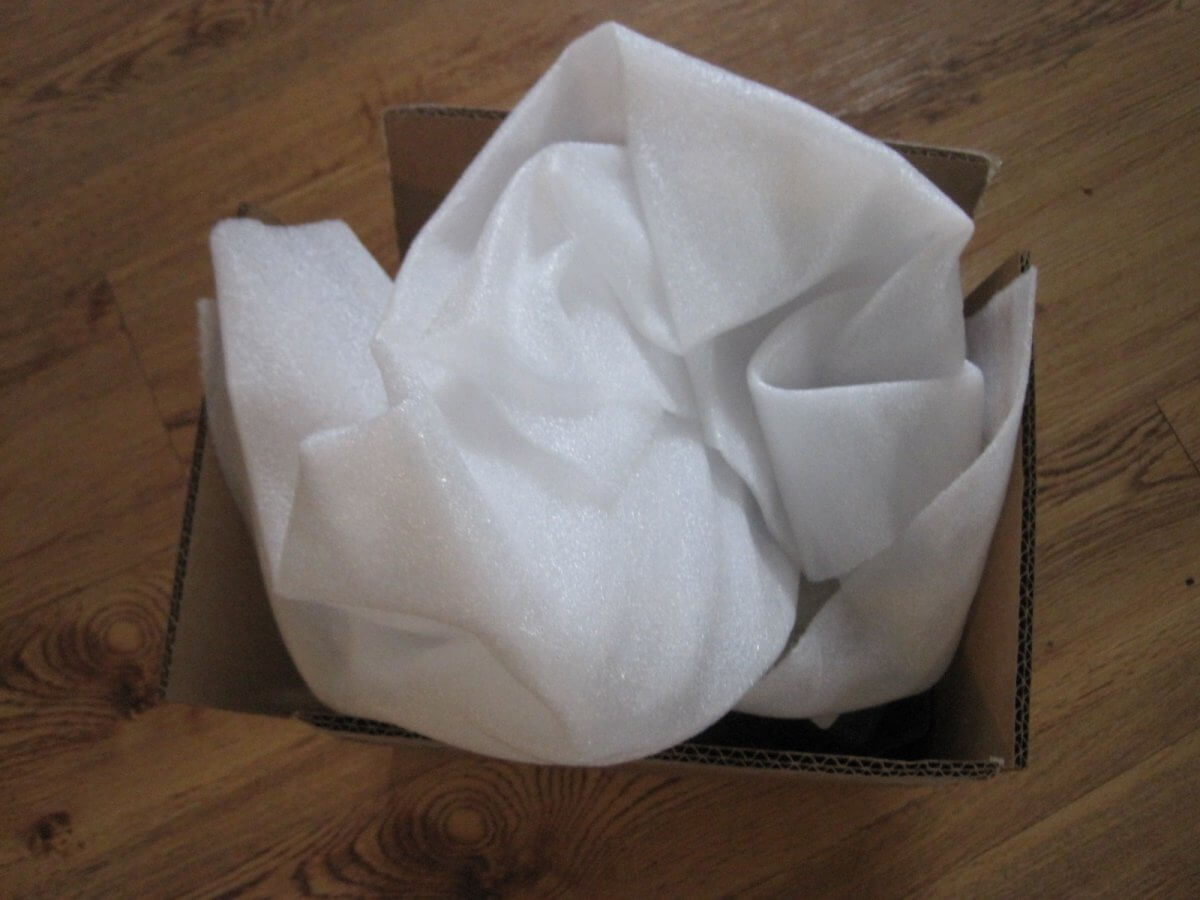

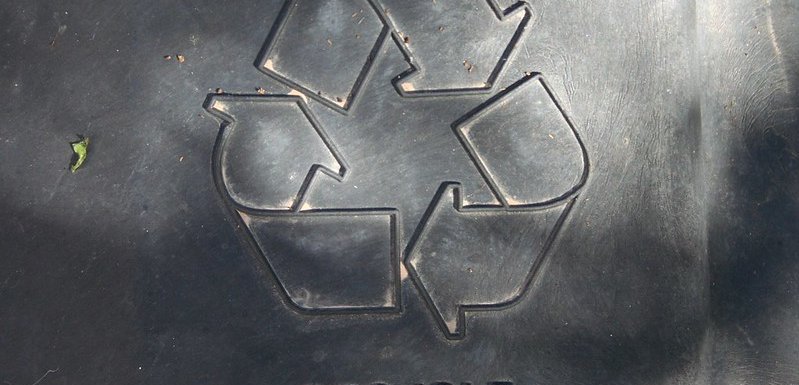
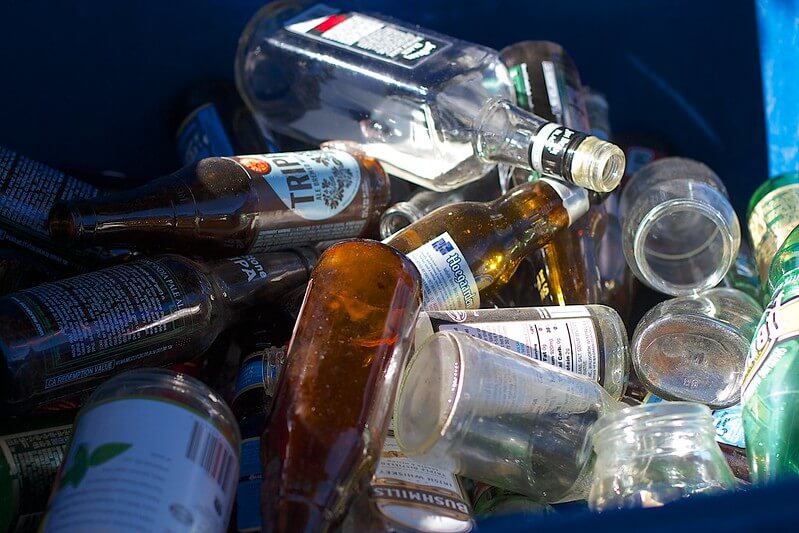
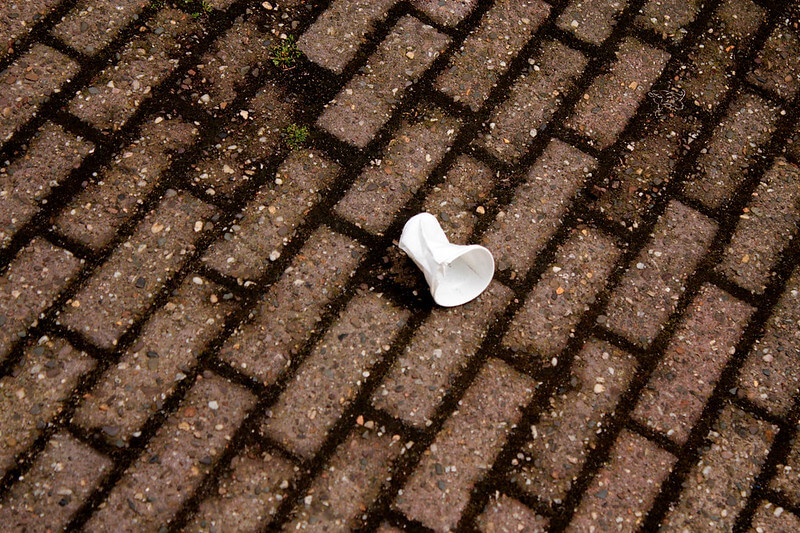
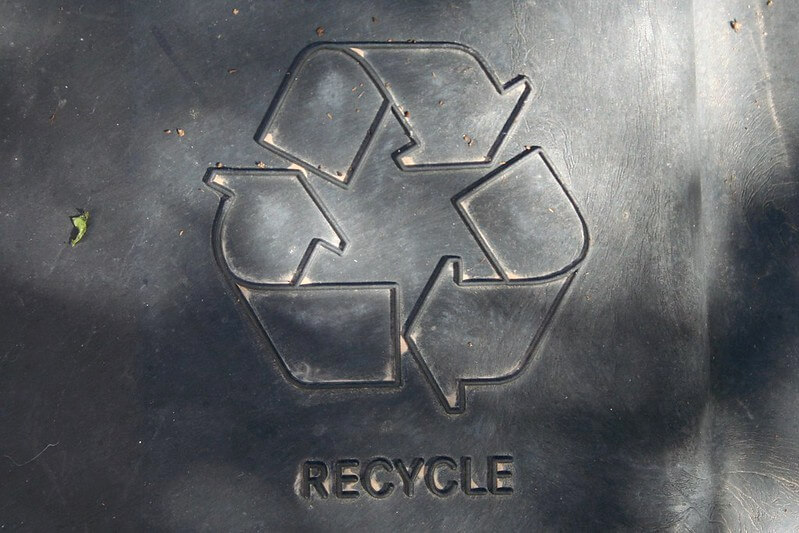
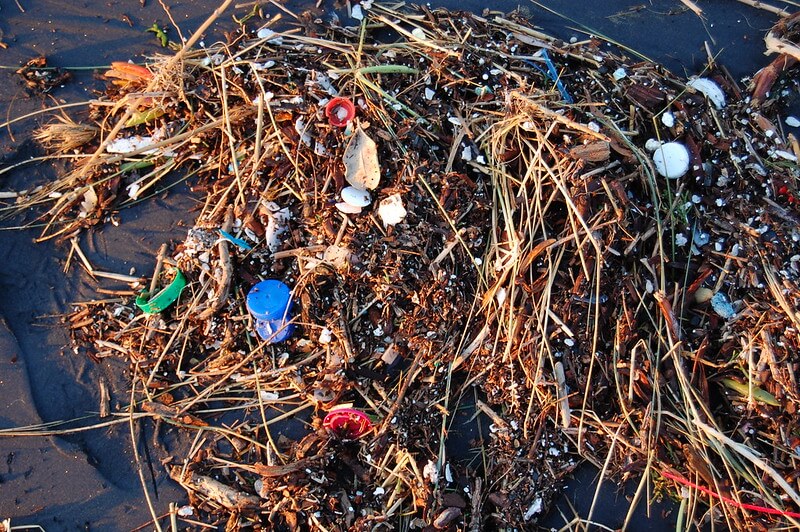

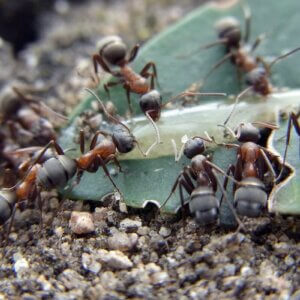




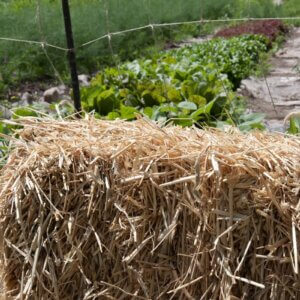


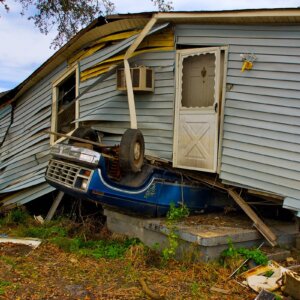








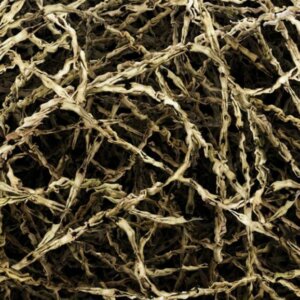
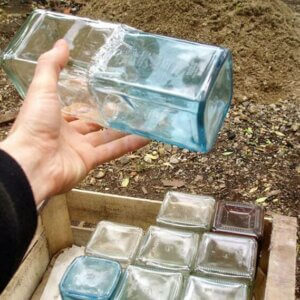


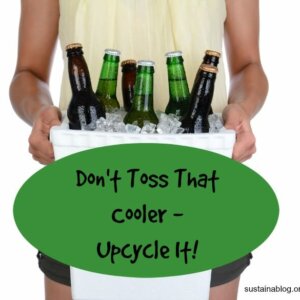

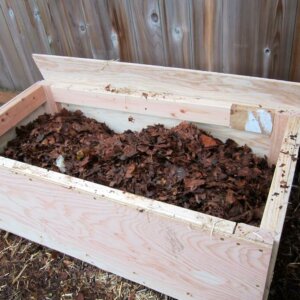
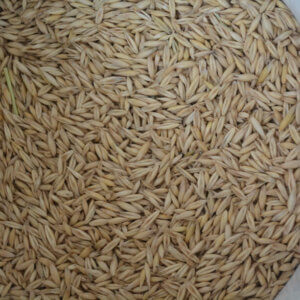





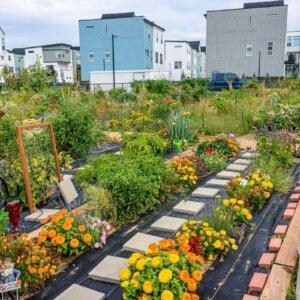






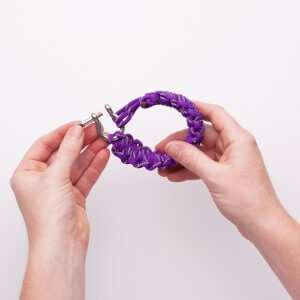
I have reused an enormous amount of stuff over the years. But this article states both the problem and solution. I could have done without all of the retching and burping and hacking because it is kinda gross, but then, so is the horrible issue at hand. Point taken.
I find it nearly impossible to FIND items to purchase that do not involve clamshell packaging and/or other plastic packaging that is superfluous. Reckon it’s time to contact the various store Corporates and raise some heck.
Thanks for poking me Kane.
Most plastic is made from crude oil. If it can not be recycled it should be burned, and specialized power stations do just that to produce electricity. Europe has developed this technology successfully. There remains the issue of toxic exhaust gasses from such plants, but at super-high temperatures and specialized shrubbers the emissions from these power plants are well within EU-standards.